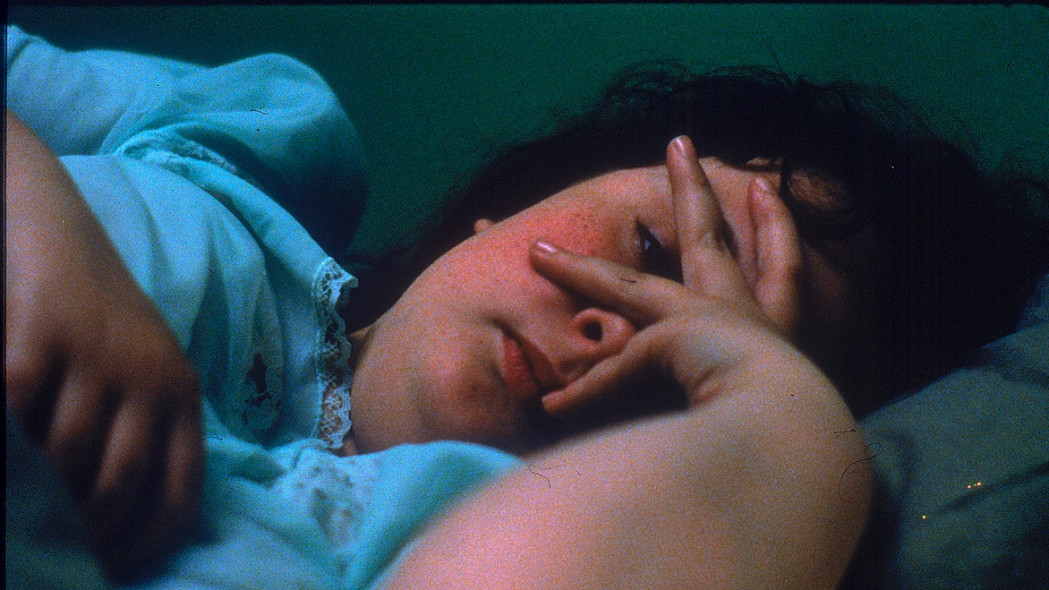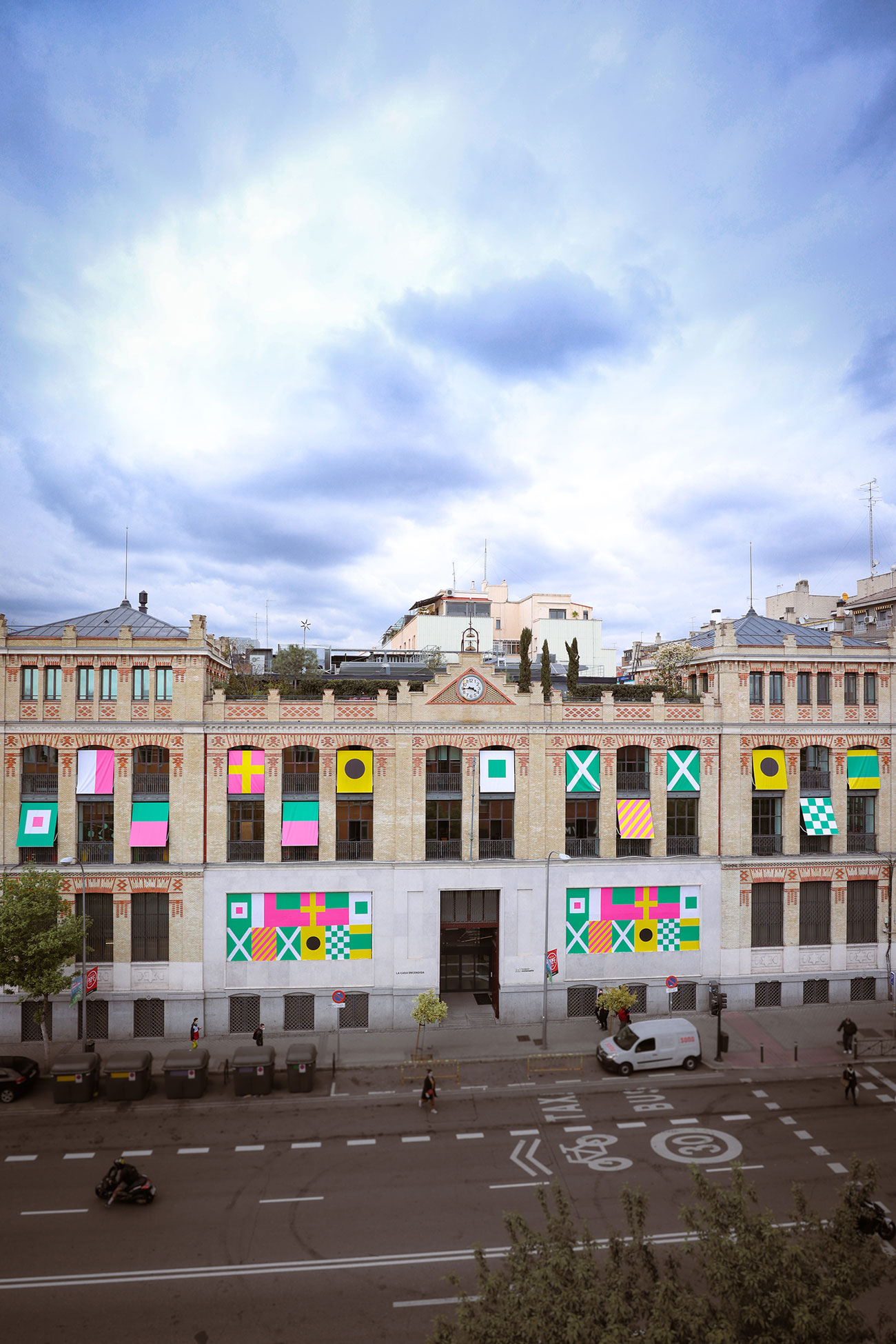Catherine Breillat: Adolescence, Subversion and Rites of Passage

Presenting one of the most prolific, controversial and transgressive directors in French film, whose work is virtually unknown to the general public in Spain.
Breillat offers us a revealing vision of the journey of female adolescence: the physical changes it entails, the awakening of sexual desire, the loss of virginity, where erotic, organic and mythical fantasies become part of everyday life. This vision defies gender stereotypes and conventional sexual roles, visually contradicts family constraints and social mores, and redefines the concepts of obscenity, impurity, pornography or debasement from a position where, once again, the private and personal is also political.
The cycle features four of her films that take a closer look at the theme of female adolescence, a time of physical and psychological change and of initiation into adult sexuality, which the director portrays as a rite of passage where her heroines struggle to find themselves and go through different trials. That difficult stage of life inspired Breillat to explore themes considered taboo in Western culture, such as virginity, menstruation or masturbation. Her characters must cope with their own changing bodies, the significance of male desire, physical pain, the prohibitions of their traditional families and the feelings of shame they must overcome.
For Breillat, the loss of virginity is a rite of passage that comes at a high cost, both physical (through cutting and blood) and psychological (tearing away from the family tree). Her young protagonists create their own private world as a territory of initiation, an organically feminine space-time full of hidden, secret places. They pull away from the established order and plunge into the order of the intimate, a private sanctum where they shed their skins to find themselves, an awakening channelled through senses and orifices in an ideally contaminated, erotically charged setting.
Breillat’s work is therefore a quest for a female narrative and place, an analysis of feminine pleasure beyond inherited and imposed sexual roles, based on self-discovery and individuality. Her films are highly controversial and disturbing because they refuse to submit the female body to the power of the male gaze, thus giving the female gaze the freedom to build. She also challenges the notion that female desire is merely a response to the desire of a male other, and problematises the concepts of pornography, modesty, impurity and debasement. However, the films in this cycle have a second layer of interpretation rooted in the female archetype, in the sphere of the symbolic, in the question of origins, in ecstatic rites of initiation and in Dionysian metaphysics where there is no transcendence without immanence.
Catherine Breillat (Bressuire, France, 1948) has an extensive and coherent track record in cinema, forged over more than forty years, although it was not until the release of her controversial Romance in 1999—a film with real sex scenes for mainstream distribution—that her name emerged from specialised film and literary circles to take its rightful place on the international scene. It was followed by films like Sex Is Comedy (2002), Anatomy of Hell (2003) and Abuse of Weakness (2013), distinctions such as the French Film Prize (2001) and induction into the Ordre des Arts et des Lettres with the grade of Commandeur, and her participation in the Cannes Film Festival with the excellent film The Last Mistress (2007). Breillat has also acted in Last Tango in Paris (Bertolucci, 1972) and other films and written screenplays for fellow directors, including Maurice Pialat (Police, 1985), Christine Pascal (Zanzibar, 1988) and Federico Fellini (And the Ship Sails On, 1983). A precious and controversial writer, at age 17 she published her first novel, L’Homme facile (Easy Man, banned for readers under 18 by the French government), and she has continued to pursue her career as a novelist and lecturer in auteur cinema at the European Graduate School.
Cycle curated by Montserrat Hormigos
On 5 and 6 February, Catherine Breillat will join us for a Q&A session after the screenings
